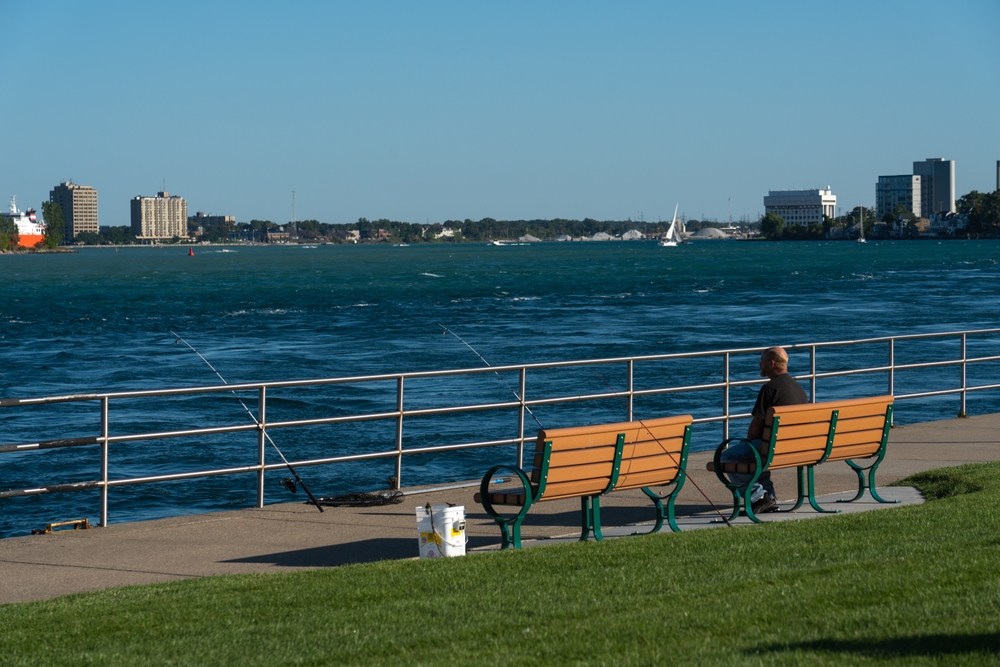
CHTA urges U.S. to consider Caribbean exceptions to proposed port service fees and tariffs
The submit CHTA urges U.S. to contemplate Caribbean exceptions to proposed port service charges and tariffs appeared first on TD (Journey Every day Media) Journey Every day Media.

Pointing to the appreciable mutual advantages that tourism brings to each the Caribbean and america—notably Florida—the Caribbean Lodge and Tourism Affiliation (CHTA), the area’s affiliation representing private-sector tourism pursuits, is recommending options to the proposed U.S. port service charges and tariffs. The group is advocating for modifications to the port-related insurance policies at present into consideration, and is asking for a brand new method to strengthen and safeguard the two-way ties in commerce and journey between the area and the U.S.
CHTA cited its current submission to the U.S. Commerce Consultant (USTR) and different U.S. officers in response to a name for feedback relating to proposed service charges of as much as $1.5 million for every port name by a Chinese language-made or flagged vessel. The group argues that these charges, coupled with tariffs, will considerably enhance the price of imports—elevating prices for each land and cruise vacationers—and finally scale back traveler demand and spending.
Whereas acknowledging the U.S. authorities’s intention to broaden using U.S.-built cargo vessels, CHTA warned of the coverage’s unintended penalties, notably its timing. The affiliation introduced compelling knowledge highlighting the worth of each land- and cruise-based journey to the U.S. and the Caribbean, in addition to the challenges that U.S. and Caribbean-owned delivery firms would face in shortly transitioning away from Chinese language-built vessels.
CHTA President Sanovnik Destang emphasised the socio-economic advantages that tourism brings to each areas, together with job creation, enterprise alternatives, and elevated tax income.
“The area was starting to see gentle on the finish of the tunnel with many tourism-related companies recovering from the large impression the pandemic had on journey and tourism,” stated Destang. “At the same time as our business has rebounded, we stay extremely susceptible to the excessive value of operations—notably meals and drinks—pushed largely by 5 years of inflation. One-third of our tourism-related companies reported a web loss in 2024, in keeping with CHTA’s annual efficiency research,” he added.
In its submission to the USTR, CHTA aligned with the CARICOM Personal Sector Group (CPSO) and delivery pursuits serving the Caribbean, calling for exemptions from the proposed charges for the area and for cover of smaller delivery firms that serve the Caribbean—typically by way of a number of small transshipment ports.
Caribbean states throughout the proposed exemption would come with: Anguilla, Antigua and Barbuda, Aruba, The Bahamas, Barbados, Belize, Bermuda, Bonaire, the British Virgin Islands, Guyana, Cayman Islands, Curaçao, Dominica, Dominican Republic, Grenada, Guadeloupe, Haiti, Jamaica, Sint Maarten, St. Barthélemy, St. Kitts & Nevis, St. Lucia, St. Martin, St. Vincent & the Grenadines, Suriname, Trinidad & Tobago, and Turks & Caicos. Puerto Rico and the U.S. Virgin Islands can be included as U.S. territories.
Tourism contributed an estimated $91.2 billion to the area’s economies in 2024 and generated over 2.9 million jobs, in keeping with the World Journey and Tourism Council. That yr, the area welcomed greater than 68 million guests—half by way of cruise ships and half via stays in lodges and different lodging—in keeping with the Caribbean Tourism Group (CTO).
The U.S. is the most important provider of meals merchandise to the Caribbean, with meals and drinks representing the very best enter prices. An estimated 70–80 p.c of those items are delivered by way of maritime delivery from the U.S., in keeping with the CPSO.
Florida, particularly, would really feel the impression. Most cruise guests to the Caribbean originate from the state, and cruise ships are provisioned via Florida-based suppliers and shippers—contributing considerably to U.S. companies, employment, and native, state, and federal tax revenues.
The CPSO notes that every stayover customer (i.e., staying in a lodge or visitor lodging) to the Caribbean contributes an estimated $944—instantly and not directly—towards incremental U.S. imports, approximating $6.2 billion in U.S. exports to CARICOM nations in 2023. Every cruise customer is estimated to contribute $23—instantly and not directly—towards incremental U.S. imports, totaling roughly $0.3 billion in U.S. exports to CARICOM nations in 2023.
“Given the clear mutual benefits to each the U.S. and the Caribbean of a vibrant Caribbean hospitality and tourism business, and within the spirit of mutual collaboration, longstanding advantages from commerce and tourism, and our shared dedication to free enterprise and democracy, we’re hopeful that our suggestions are thought-about and adopted for our mutual profit,” stated Destang.
The submit CHTA urges U.S. to contemplate Caribbean exceptions to proposed port service charges and tariffs appeared first on Journey Every day Media.
